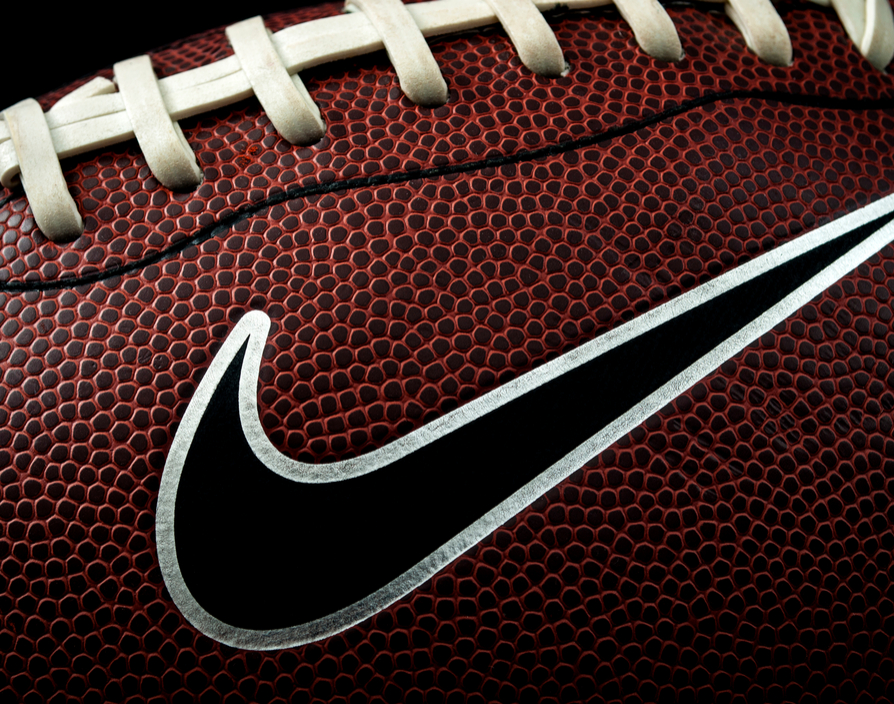Nike lit a fuse in September after making Colin Kaepernick, the NFL player who knelt during the US anthem in protest of racial injustice, the face of its new Just Do It ad campaign to both outrage and praise worldwide. While the move stays true to Nike’s slogan, whether the resulting media explosion helped or harmed the company is another matter.
By just the figures, the boldness may well have been the best thing for Nike since the invention of its Air Jordans, with company shares rocketing by 36%, adding $6bn to Nike’s market value.
However, the campaign also created boycotts, including bonfires filled with Nike goods in the US and even president Trump tweeting in his two cents suggesting the brand had committed suicide.
Nike has had article after article written about it. So is it bad for companies to be linked to controversy?
Heather Andrew
CEO of Neuro-Insight
Whilst there might be objections to the campaign at a conscious level, neuroscience research suggests that its highly emotional nature might actually make it strongly memorable and effective in subconscious terms. The ad delivers a heady mix of intrigue and emotional intensity – two of the key drivers of memory. Emotional intensity is important because we remember things to which we’ve had a powerful emotional reaction.
Yelena Gaufman
Strategy partner at Fold7
Having a point of view which absolutely mirrors that of your key target is neither risky nor controversial. Nike knows its core customers well enough to realise their support of Kaepernick is actually an expression of shared beliefs and values. Nike’s uptick in sales results prove that including controversial figures in marketing strategies can pay dividends. Nike understood that showcasing the beliefs with its core customers would help maintain its growth.
Thom Newton
CEO and managing partner of Conran Design Group
Done wrong, this is not only risky but potentially bad business. How did Pepsi get it so wrong with its ‘protest’ ad last year? Featuring Kendall Jenner, one of the Kardashian-Jenner clan, Pepsi was trying to project a global message of unity, peace and understanding. But by its own admission it missed the mark and was accused of misappropriating the Black Lives Matter campaign. The ad was pulled. The controversy on social media raged.
Simon Wright
managing director of Greenwich Design
Of course there’s a risk attached to using any celebrity, whether it’s controversy or scandal – Nike’s been there with Tiger Woods. And it’s not just the controversial element that brands need to worry about. Take James Corden – he was dropped from Confused.com because his own personality was bigger than the brand. It’s no use paying for a celebrity spokesperson if no one remembers who or what they are representing. ![]()
Share via:








































